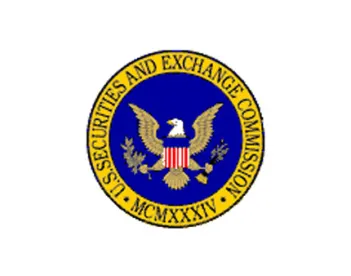On Thursday, the SEC announced charges against several senior executives of Penson Financial Services Inc., once the second-largest clearing broker-dealer in the country, and its parent corporation, Penson Worldwide, Inc., again highlighting the regulatory risks associated with supervisory responsibilities.
This proceeding arose from nearly $100 million of margin loans that Penson made to a customer, purportedly collateralized by high-risk unrated municipal bonds issued in connection with the development of a horse-racing facility in Texas. Penson’s customer operated the facility and hoped to capitalize on prospective state legislation allowing additional forms of gambling, which was never enacted. The racing facility never became profitable during the relevant period, and losses arising from the margin loans contributed to the demise of Penson.
The SEC Order reflecting a settlement of the enforcement proceeding indicates that Penson failed to make margin calls and to liquidate the collateral despite substantial deterioration in the value of the bonds and a determination by FINRA that the bonds were not marginable securities. Instead, Penson made additional loans to its customer and permitted the customer to withdraw additional cash, thereby increasing the customer’s margin deficiency, in violation of SEC Regulation T. In addition, Penson concealed the impairment of these loans from its public investors, failed to write off or make adequate reserve for the loans as required by GAAP, and filed materially false financial statements with the SEC, giving rise to charges of securities fraud against certain of the respondents.
The SEC Order also indicates that these transactions were unusual for Penson in a number of respects. Most significantly, the CEO of Penson’s parent corporation – who was also Penson’s founder – was responsible for managing the accounts and the relationship with the customer instead of the operations department of the clearing broker subsidiary, as would typically be the case. This person exercised substantial control over Penson’s operations. He instructed other Penson executives not to get involved with the loans at issue because he was personally handling the matter, supposedly in consultation with Penson’s Board of Directors.
Sanctions were also imposed on the CEO of the clearing broker subsidiary, despite the fact that he repeatedly advised the parent company CEO to liquidate the collateral and stop extending additional loans. The parent company CEO rebuffed those efforts, assured the clearing broker CEO on numerous occasions that the collateral had substantial value and would recover, and instructed the clearing broker CEO not to worry about those accounts and to concentrate instead on growing the clearing business.
But the SEC found that sanctions were nevertheless appropriate even for the clearing company CEO. Although the parent company CEO was the “boss,” as that term might be commonly understood, the parent company CEO also held a position at the clearing broker subsidiary and, in that respect, the clearing broker CEO served as his regulatory “supervisor.” As a result, the SEC charged the clearing broker CEO with failing to reasonably supervise the parent company CEO.
The Penson matter once again highlights the regulatory risks associated with supervisory responsibilities, particularly where the supervisor has no actual control over the persons supervised. Merely advocating against the violations may not be sufficient to insulate a supervisor from liability in the absence of action by the supervisor to prevent the violations from occurring.




 />i
/>i
